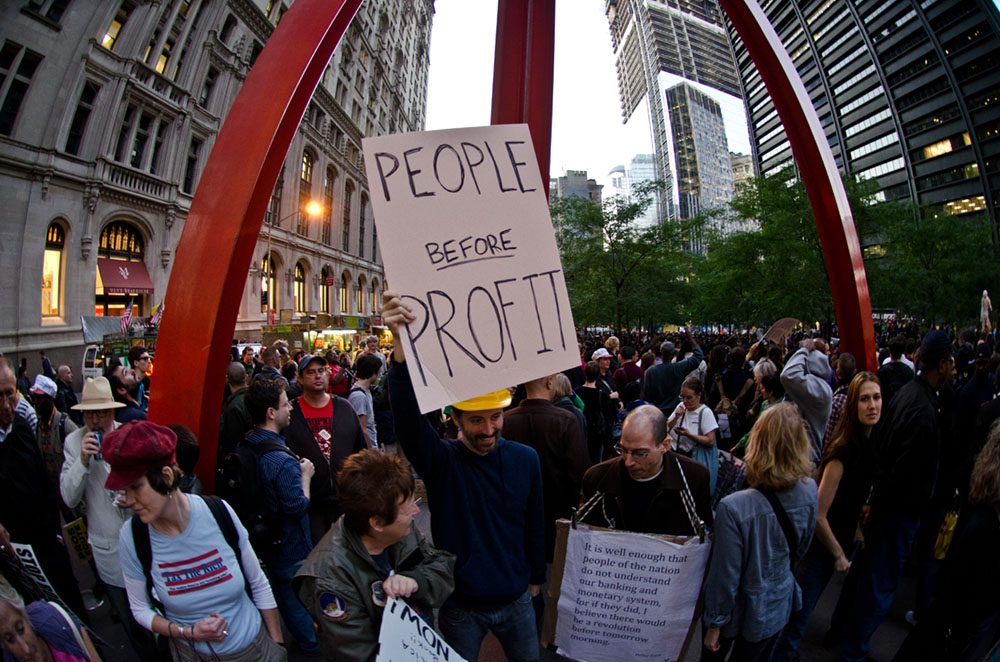
Some of the most influential business leaders in Colombia attended last week the presentation of PricewaterhouseCoopers’ 20th survey of global CEOs. The subject at hand: “To grow in a changing world: Innovation with talent and technology”. This seventh edition involving Colombian CEOs gave a precise overview by the business services firm giant of the global investment environment, coinciding for the first time in a half-century, with Colombia’s post-conflict.
In the global survey which consulted 1,387 CEOs in 80 countries, concerns were addressed on a wide range of subjects: from the challenges facing businesses with social networks and how they can erode consumer confidence to threats posed by protectionism. In an age in which it is paramount to compete globally, the perception among CEOs is that the current economic environment is boosting protectionist feelings worldwide and this is negatively impacting corporate growth. In 2013, just 36% of CEOs surveyed considered protectionism to be a worrisome trend, as opposed to 59% this year. One of the major concerns raised by the business leaders is finding the balance between open trade and protectionism.
Despite Free Trade Agreements, Colombia’s CEOs are finding it harder to compete in the global market despite improved connectivity and the mobility of people, goods and information. On a macro-economic front, the business community remains concerned over the wide gap that exists between rich and poor, and the need for the government to create a more skilled and educated workforce.
The issue of taxation and recent changes to Colombia’s tax system with a Reforma Tributaría, that went into effect at the beginning of the year, is top-of-mind among executives. Of the CEOs surveyed, 89% consider the climate of economic growth to be uncertain, and a close 87% consider the tax burden to be the main threat to growth and prosperity. Social instability is a worrying 87%, the lack of infrastructure 83%, over-regulation 83% and exchange rate volatility 81%.
In a climate of instability and a nation faced with lackluster economic performance, companies must boost their growth and profitability by tackling difficult options. In Colombia, 65% of presidents opt for organic growth, compared with 79% at the global level.
Cost reduction is another way to deal with growing instability and 63% of Colombian CEOs and 62% of those worldwide agree on this. Finally, 51% (Colombia) and 48% (global) believe the creation of strategic alliances are an important growth objective. Yet, despite the surge in protectionism, the fall-out over Brexit, and the election of U.S President Donald Trump, business leaders seem confident about their companies’ growth prospects over the next 12 months, and 29% said global economic growth will pick up in 2017. In Colombia, the CEOs expressed similar confidence in their country’s economic growth, from 13% in 2012 to 32% in 2017.
But from boardrooms to balancing the household budget, there are important concerns facing our world, such as the need for more advanced skills as technology and human resources become almost inseparable. According to the survey, only 16% of CEOs plan to cut their company’s headcount over the next 12 months, and 52% plan on hiring more employees with responsibilities that can’t be replicated by machines. The challenge will be getting to that point as 77% believe a skills shortage could impair their company’s performance. Soft skills are the hardest to find, however. Creative, innovative leaders with emotional intelligence are in short supply.
Our fast moving technological world may present opportunities, but also pitfalls, such as gaining the trust of potential clients. Here, Colombia’s CEOs agree with their global colleagues. Technology has exacerbated the need to retain people’s confidence, and predictably, perhaps, 87% of CEOs believe social media can have a negative impact on the level of integrity in their industry. But as new technologies and new uses of existing technologies proliferate, they say new dangers are emerging – and old ones are getting worse.
There is also anxiety concerning data security and online ethics. Recent mega data breaches and malware hacking could impair the public’s trust in companies. The vast majority of CEOs have been taking steps to forestall such problems, although it’s the multinationals that tend to be most proactive.
The PwC survey tackles issues that directly impact the technology, banking and asset management, and energy and communications industry, among many others. From detailed analysis and perspectives from leading professionals to sector-specific data, the information gathered also examines the levels of trust with corporations. Many of the CEOs who participated in the survey recognize that the way their companies manage data will be a differentiating factor for their future. These CEOs believe that prioritizing the human experience in a virtual world must entail treating customers with integrity.
Share this story
The City Paper Staff
View all posts by The City Paper Staff








